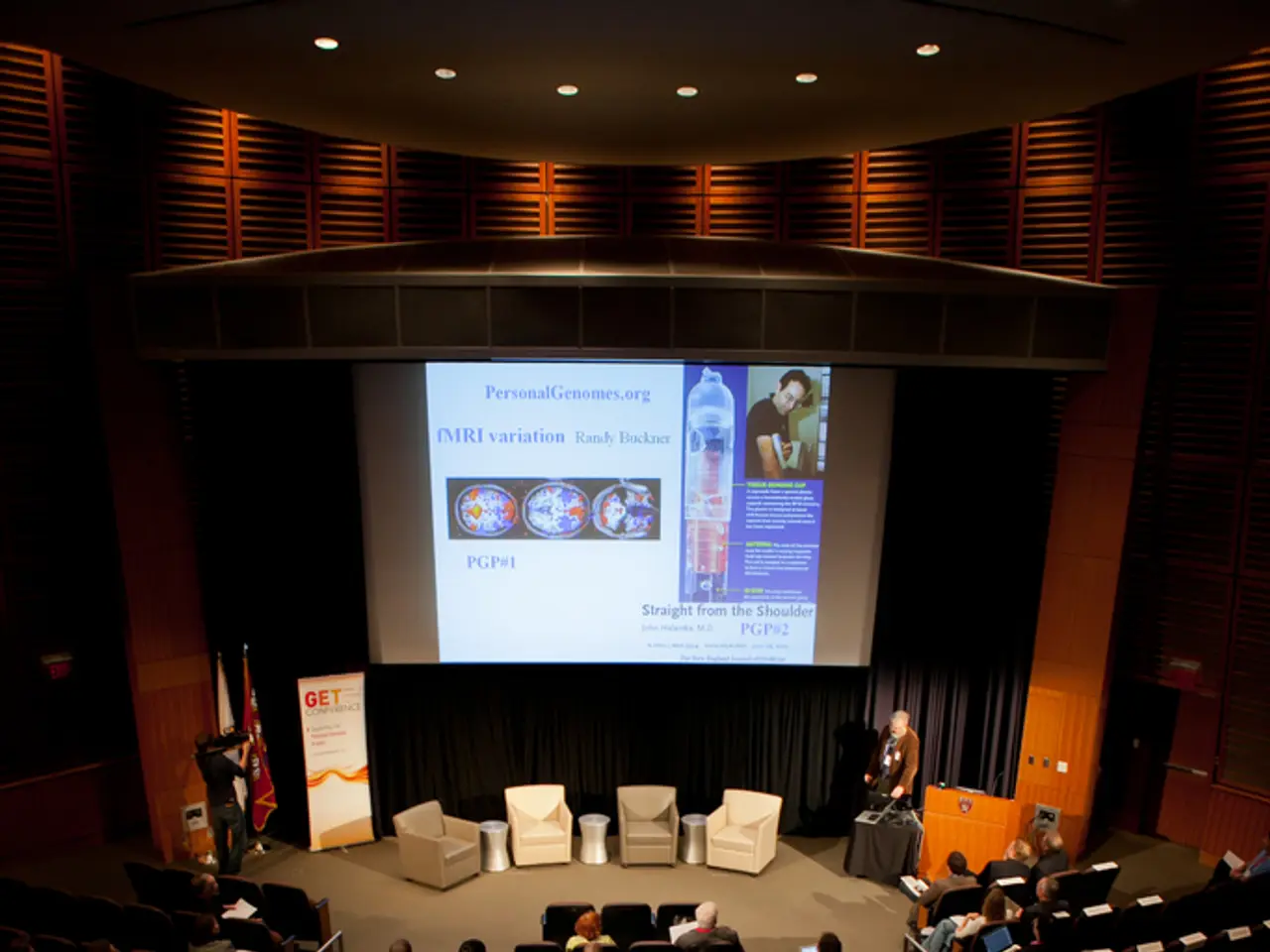Expanded budget for tank procurement and related equipment?
In the heart of Germany, citizens and politicians in the East are grappling with a complex mix of agreement, skepticism, and concern regarding the proposed increased defense spending. This multifaceted response reflects both the recognition of geopolitical threats and the balancing of other societal priorities.
**Agreement and Support**
A significant portion of the public supports the idea of increasing defense budgets, primarily driven by security concerns stemming from Russia's full-scale invasion of Ukraine and broader geopolitical instability. Chancellor Friedrich Merz and Finance Minister Lars Klingbeil, among others, emphasize the necessity of the defense boost to ensure national security and position Germany as a European strategic leader.
**Skepticism and Concerns**
Despite this support, many citizens, especially in the East, remain skeptical about the rapid and massive defense spending increase. Concerns centre around the competition with pressing social welfare needs, education, and climate adaptation priorities, as well as the historical sensitivities attached to increased military investments. The special fund established for defense spending will be depleted by 2027, raising questions about the sustainability of such high defense budgets without affecting other public services.
**Balancing Priorities**
The German government aims to balance defense modernization with climate action, infrastructure investment, and broader economic growth. The challenge remains in ensuring that this balance is maintained, especially given that the defense budget increases are unprecedented and necessitate borrowing beyond traditional debt limits.
**The Debate in East Germany**
The debate over defense spending in the East is divided between agreement, hope, and skepticism. Approximately 42% of Germans support raising defense spending to meet NATO goals, signifying a considerable base for the government's ambitious plans. On the other hand, many East Germans express concerns about the re-militarization of Germany and the historical sensitivities attached to increased military investments.
In summary, citizens and politicians in Germany's East are navigating between recognizing the imperative of defense spending amid Russian aggression and maintaining caution about the socioeconomic impact and historical legacies. The government seeks to reassure by integrating defense increases with broader modernization and social goals, though skepticism remains an important feature of public discourse in the region. The total amount at stake is approximately 150 billion euros.
Finance ministers and business leaders acknowledge the need for increased defense spending as a response to geopolitical threats, such as the ongoing Russian invasion of Ukraine, but express concerns about the competition with other crucial areas of investment, including general-news topics like education, climate adaptation, and social welfare needs. Meanwhile, within the realm of politics, particularly in the East of Germany, there is a call for a careful balance between defense spending and other key priorities.






